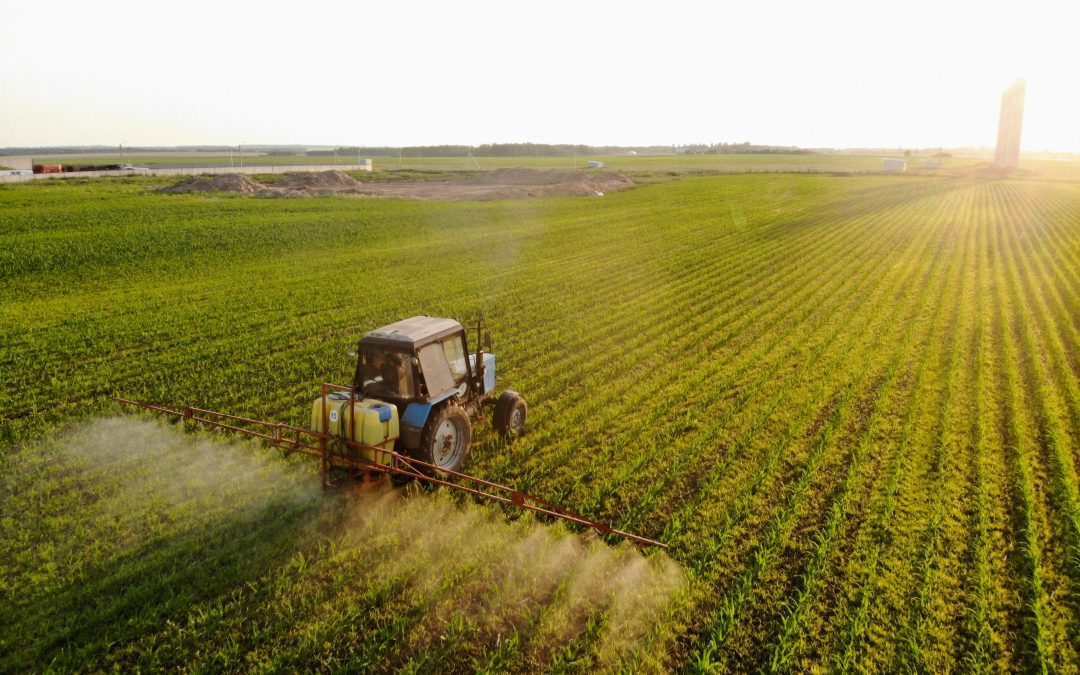
Earth Day and Its link with Agriculture
Every April 22nd, the world comes together to celebrate Earth Day, a date aimed at raising awareness about the importance of protecting our planet and promoting actions that foster environmental sustainability. This day, which began to be celebrated in 1970, has gained even greater relevance today, where global environmental challenges demand immediate attention and action. One of the fundamental aspects in this struggle for environmental preservation is agriculture, an activity that, paradoxically, can have both negative and positive impacts on the terrestrial ecosystem.
The Vital Role of Agriculture
Agriculture is the cornerstone of human civilization. Since the dawn of history, agriculture has been the basis for the survival and development of societies. However, the way agriculture is practiced has evolved greatly over the centuries, and its impact on the environment has changed accordingly.
Today, agriculture not only faces the challenge of feeding a constantly growing world population but also the imperative of doing so in a sustainable and environmentally friendly manner. Sustainable agriculture is defined as that which meets current food production needs without compromising the ability of future generations to do the same. In other words, it is about producing food in a way that protects natural resources and minimizes environmental impact.
Agriculture and the Environment
The link between agriculture and the environment is complex and multifaceted. On one hand, agriculture is one of the main causes of deforestation, loss of biodiversity, water pollution, and greenhouse gas emissions. The expansion of farmland at the expense of forests and other natural ecosystems has led to the destruction of critical habitats for numerous species, thus contributing to global biodiversity loss. Additionally, the intensive use of pesticides and fertilizers in agriculture can contaminate soil and water, negatively affecting human health and the environment overall.
On the other hand, agriculture can also play a fundamental role in environmental conservation and restoration. Sustainable agricultural practices, such as organic farming, agroecology, and regenerative agriculture, are designed to minimize negative environmental impacts and promote the conservation of natural resources. These practices include the use of cultivation techniques that improve soil health, water conservation, crop diversification, and the promotion of biodiversity on farmsteads.
Earth Day and Sustainable Agriculture
Earth Day is an opportunity to reflect on the relationship between agriculture and the environment and to reaffirm our commitment to promoting sustainable agricultural practices. It is a reminder that if we want to protect our planet and ensure a healthy future for future generations, we must transform the way we produce and consume food.
In this regard, it is important for governments, agricultural businesses, farmers, and society as a whole to work together to promote the adoption of sustainable agricultural practices and encourage responsible production and consumption of food. This may involve the implementation of public policies that incentivize sustainable agriculture, investment in research and development of innovative agricultural practices, and education and awareness-raising of the public about the importance of agriculture for the health of the planet.
Earth Day is an occasion to reflect on the state of our planet and reaffirm our commitment to its protection and preservation. In this context, agriculture plays a crucial role, as both its negative and positive impacts on the environment are significant. Promoting sustainable agricultural practices is essential to ensuring a healthy future for our planet and future generations. Therefore, on this Earth Day, let us renew our commitment to working together towards a more sustainable and equitable future for all.

